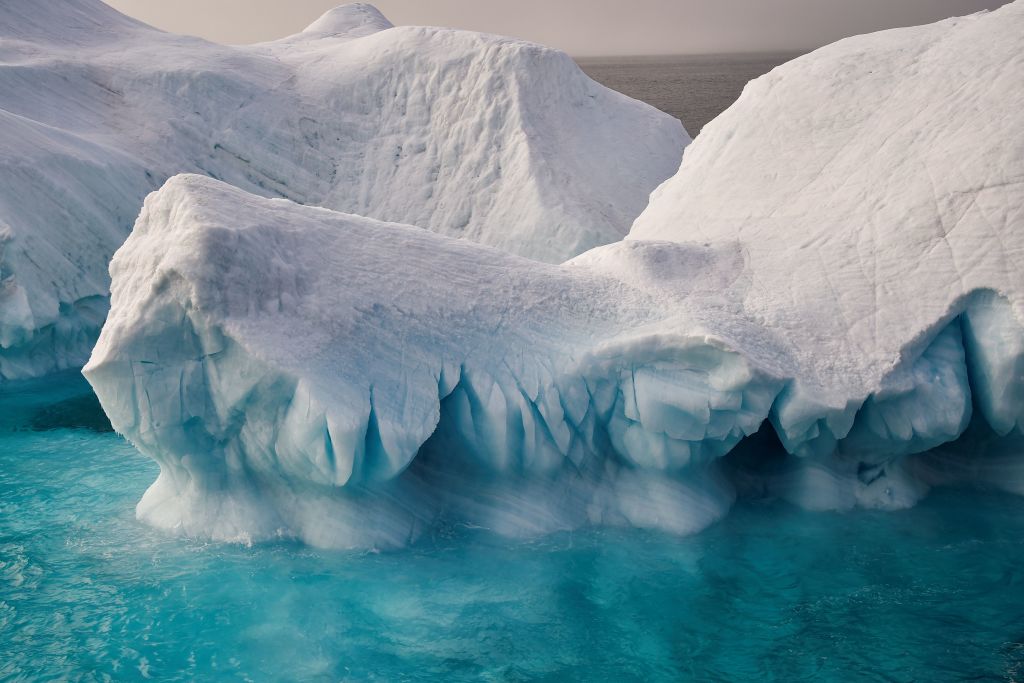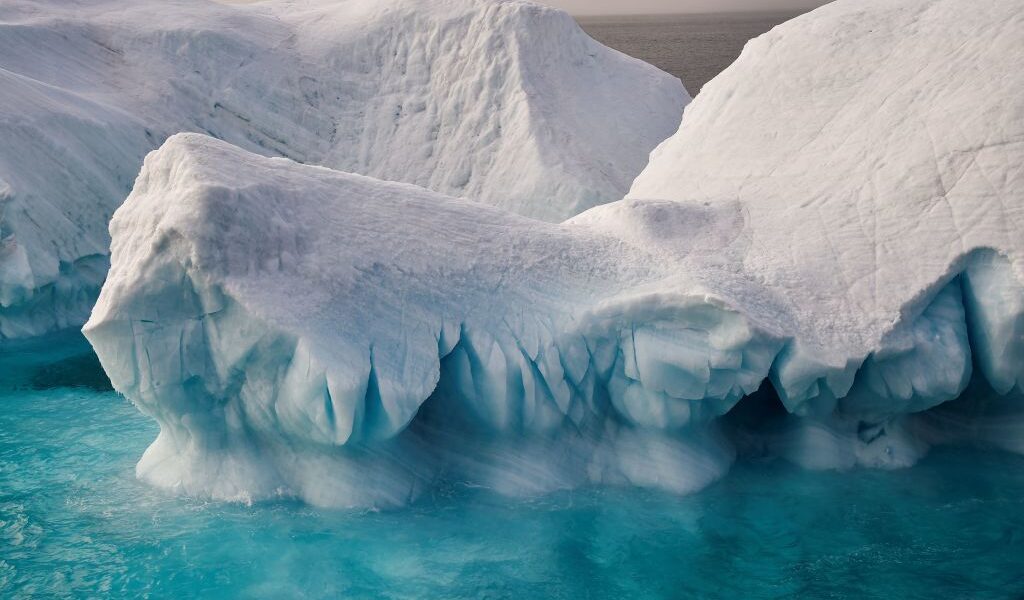Marine heatwaves are becoming more intense and frequent in the Arctic—a trend that could cause ongoing upheaval for the region’s fragile ecosystems, says a study published Monday in the journal Nature Climate Change.

Extreme ocean warming events, referring to episodes of unusually high ocean temperatures, are increasing around the world.
The thick sea ice in the Arctic has long protected the Arctic Ocean from this trend. However, as the ice continues to retreat due to global warming, this natural buffer is disappearing, leaving the Arctic more vulnerable to sudden and extreme temperature fluctuations seen in other bodies of water.
“Our predictions show that Arctic marine heatwaves will not only occur more frequently, but will also vary in intensity from year to year as the sea ice retreats,” Ruijian Gou, visiting PhD student at the Alfred Wegener Institute and lead author of the study, said in a statement.
A changing ocean
To do the study, the research team used high-resolution climate models to better predict marine heatwaves, especially in the Arctic.
The authors say that this allowed them to track ocean currents and sea ice more accurately, and get a clearer picture of how heatwaves could change in the future as sea ice shrinks.
The researchers say one of the most important outcomes of their project was seeing how rising ocean temperatures alter the Arctic’s structure beneath the surface. There, warmer water is forming a layer at the surface, cutting off colder, denser water below. This phenomenon, called stratification, prevents essential nutrients from mixing through the water column—a process vital for supporting marine life.
“This disruption will lead to reduced nutrient mixing and threaten Arctic marine life, exacerbating the already challenging conditions faced by species dependent on stable habitats,” the AWI’s Gerrit Lohmann, one of the study’s co-authors, said.
Without mixing nutrients, plankton—the foundation of the Arctic food chain—could have a hard time growing and trigger problems for fish, seals, polar bears, and other animals that depend on the Arctic ecosystem to survive, he said.
Gaps in ability to predict ripple effects
The authors of the study also warn that changes in the Arctic will have far-reaching consequences, triggering ripple effects around the globe. A destabilized Arctic ecosystem is likely to disrupt weather patterns in other regions, leading to unpredictable and extreme conditions worldwide.
They also said marine heatwaves will vary significantly in intensity from year to year, making it harder to predict and prepare for their impacts.
Researchers said their findings show the need for better models that combine climate predictions with a deeper understanding of marine ecosystems. While current climate models are good at predicting ocean and atmospheric conditions, they still fall short when it comes to predicting how marine life and the ocean’s biological systems will react to extreme events like heatwaves.





The increase in marine heatwaves is a wake-up call for all of us! If we unite our efforts—scientists, policymakers, and community members—we can make significant strides toward safeguarding Arctic ecosystems against these alarming changes.
Ugh, marine heatwaves threatening Arctic life? That’s just not cool (literally)! 😩 We need to step up and protect those ecosystems before they get totally wiped out.
Marine heatwaves in the Arctic? That sounds intense! 😱 It’s crazy how climate change is shaking things up for our ocean buddies. Let’s hope we can turn things around before it’s too late!